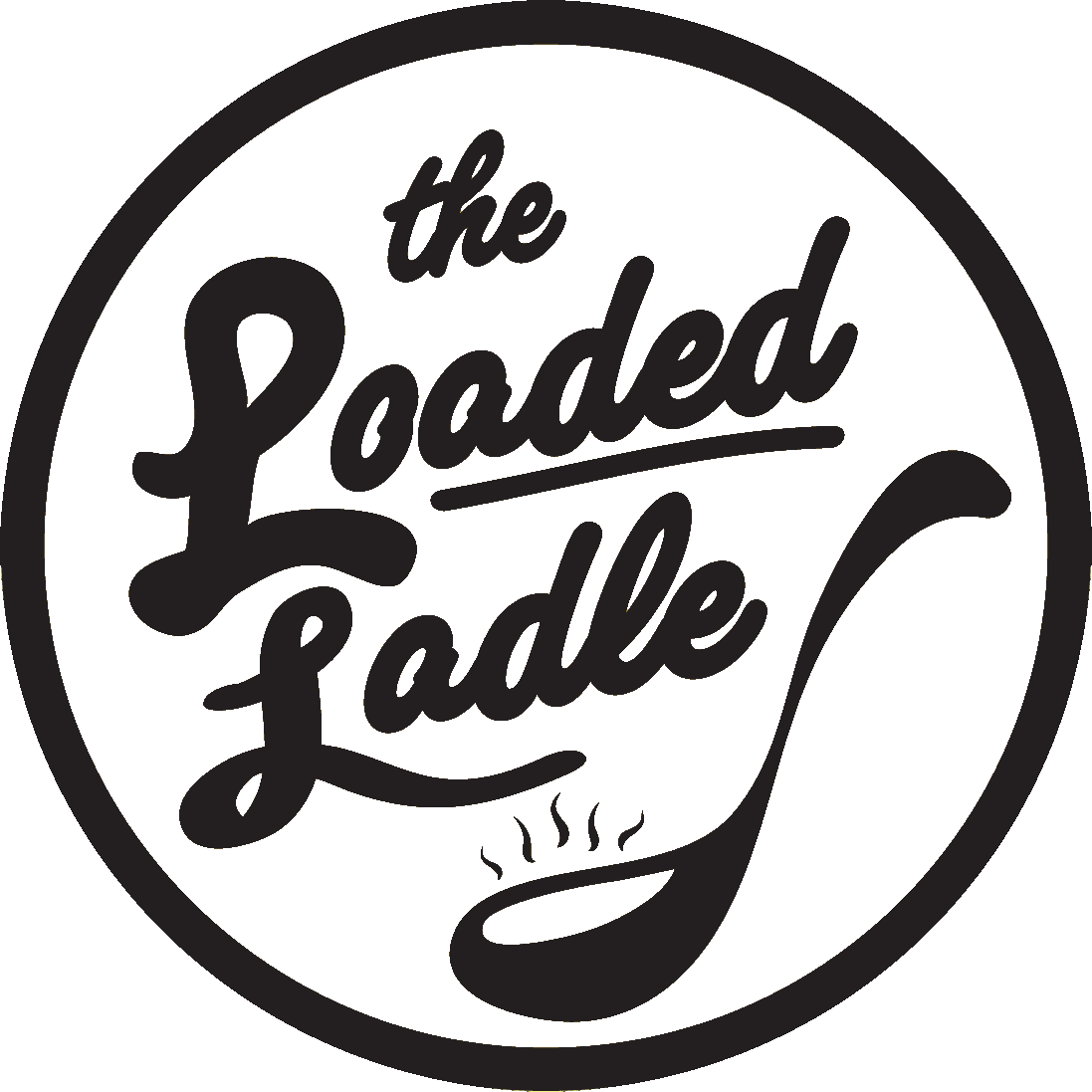Workshop 2022
Here is a list of all workshops hosted or facilitated by the Loaded Ladle
Leaving Pieces of Home at the Borders: Diasporic Conversation on food, home and borders
Facilitator: Tabasa is a former international student originally from Tokyo. Graduated from Dal with BA in Political Science, Law, Justice and Society and a minor in Gender and Women’s Studies, they are currently studying immigration and citizenship law at Queen's University.
Description: “Are you bringing any food into Canada?” “Do you have any of the following food with you?” If you are a person living in the diaspora, these questions might sound too familiar to you. Vegetables grow and cattle graze without a care in the world about borders. What or whose economies are we trying to protect? In this workshop, we invite those who have had to cross borders and are away from “home” (i.e. in diaspora), including current/former international students and, immigrant youths, etc to engage in conversation about home, borders and food. This is a BIPOC-only space.
We are Here: Migrant worker rights and organizing in Nova Scotia
Facilitator: Stacey Gomez is a community organizer active in the migrant justice movement. She currently coordinates No one is illegal – Halifax/Kjipuktuk’s Migrant Workers Program, which is engaged in mutual aid support and organizing with migrant workers throughout Nova Scotia.
Description: Migrant workers play an important role in Nova Scotia’s food system. In this workshop, we’ll hear from No one is illegal - Halifax/Kjipuktuk (NOII-Hfx) about the state of migrant worker rights in Nova Scotia and why they are calling for full and permanent immigration status for all. NOII-Hfx will also discuss the organizing and mutual aid support they’re engaged in with migrant farmworkers and fish plant workers throughout the province.
Writing from the Margins: Reclaiming our stories through activism
Facilitator: Gurneet Dhami (she/her) is a Sikh-Panjabi settler bringing her identity to the professional plate. She is currently completing an MSc in Applied Human Nutrition at Mount Saint Vincent University in Halifax, Nova Scotia with a thesis focused on the experience of racialized dieticians. Her expertise extends beyond nutrition and into youth engagement, food justice and anti-racism. Gurneet brings in her multidisciplinary perspectives to advocate for meaningful change on diversity dialogue and equity.
Description: Join us for an open writing circle activity where we will be using the power of storytelling for activism. Do you have a story about your relationship with food or the future of a just food system? This will be an open space for ideation and opportunity to take your stories into advocacy spaces outside the workshop.
What's Growing Underground? Food for All Seasons
Facilitation: Pablo Vimos is a garden educator, teaching children and youth to grow food, plant and maintain gardening beds, and build wildlife habitats. Pablo has been working as a garden manager for Embark Sustainability since 2016, facilitating hands-on gardening activities for Simon Fraser University students, growing produce for Embark Sustainability’s community kitchen, and leading and managing community projects. Pablo loves sharing his gardening experiences to help others start their gardening journey.
Description: It is a common belief that growing food is hard work, difficult, and time-demanding. This workshop aims to inform you of underground vegetables, gardening approaches, and techniques that would make gardening fun and rewarding activity to start. We will see gardening as a living process, which in turn would help us understand our role as nature stewards. If you grow or are thinking of growing your own food, this workshop is for you.
You Gonna Eat that: Experiencing Racism through Food
Facilitator: Aisha is second-generation Canadian with Oromo roots. She is currently studying at the Lincoln Alexander School of Law and was a former president of the DSU while studying at Dalhousie. Aisha is passionate about critical race theory (CRT), music and styling curly or textured hair.
Description: This workshop looks at the ways in which Black, Indigenous and People of Colour (BIPOC) folks experience racism through the avenue of food. From a lack of cultural competency in the medical profession to inflated prices for basic staples, we explore how white supremacy plays out in what we eat and how we think about our cultural and traditional foods. We will end off discussing how our cultural and traditional foods are an integral part of our liberation. This is a BIPOC-only space.
